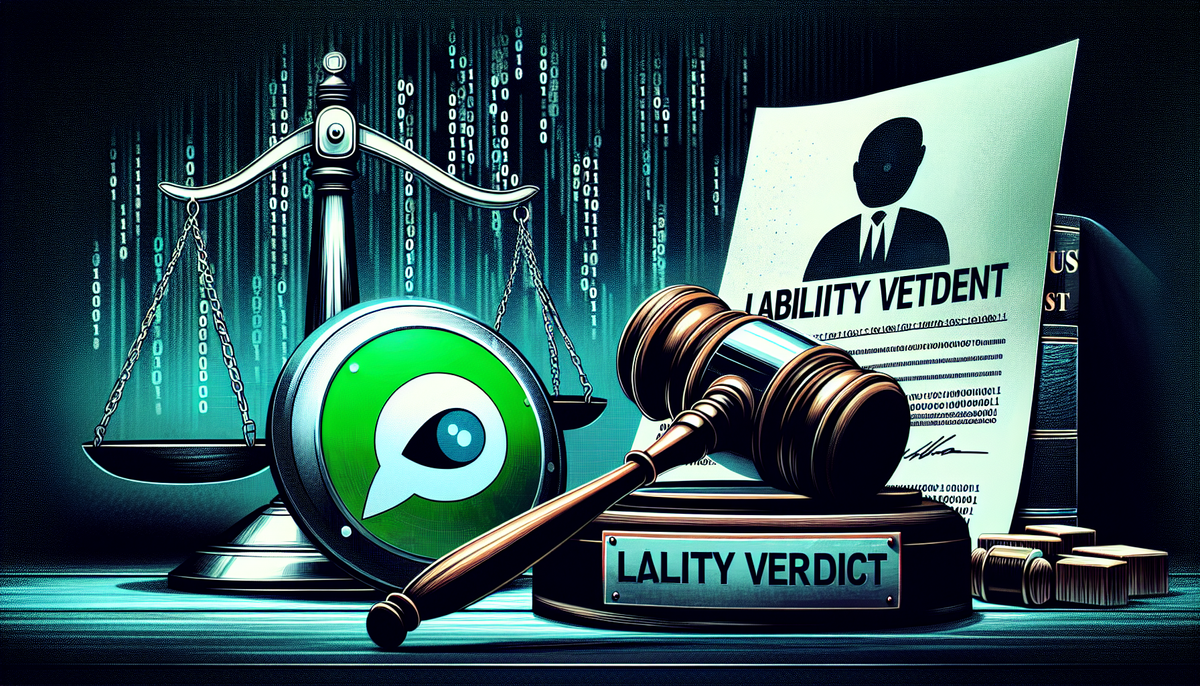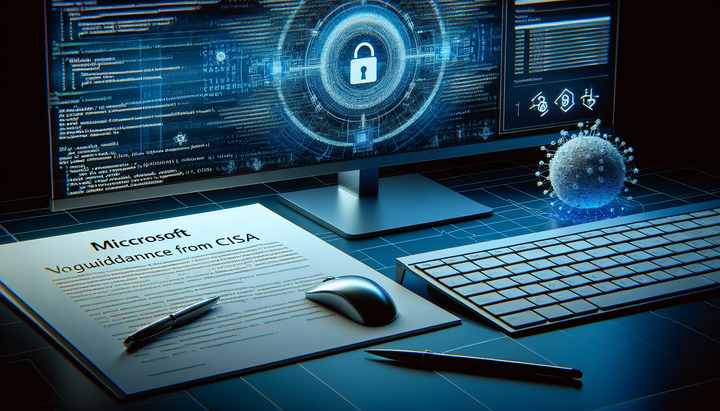US court finds spyware maker NSO liable for WhatsApp hacks

Latest News on NSO Group WhatsApp Court Ruling 2024:
On December 23, 2024, a federal judge in the United States ruled decisively against Israel's NSO Group, holding them liable for their misuse of the Pegasus spyware to infiltrate WhatsApp124. The ruling, made by U.S. District Judge Phyllis Hamilton, stems from WhatsApp's allegations dating back to 2019 that NSO exploited vulnerabilities to inject the spyware onto the devices of over 1,400 users, including journalists, human rights advocates, and dissidents124.
Key Highlights:
- Liability and Violations: The court found NSO Group liable for hacking and breaching WhatsApp’s terms of service, as well as infringing federal and state hacking laws124.
- Exploitation of Vulnerabilities: NSO was found to have exploited WhatsApp’s servers to deploy the spyware, targeting servers located in California and violating both the Computer Fraud and Abuse Act (CFAA) and California’s Comprehensive Computer Data Access and Fraud Act (CDAFA)124.
- Discovery Violations: The court sanctioned NSO for failing to comply with discovery orders, limiting access to critical evidence such as the full source code of Pegasus spyware124.
- Broader Implications: The ruling has broader implications for the surveillance technology industry, reinforcing the importance of adhering to ethical practices and respecting user privacy124.
Spyware Regulations Implications:
- Accountability: The ruling underscores the need for accountability in the surveillance technology industry, making it clear that companies cannot evade responsibility for the malicious use of their software by claiming client autonomy124.
- Regulatory Scrutiny: The case highlights the growing global scrutiny over the misuse of Pegasus spyware, with NSO Group already facing restrictions, including being blacklisted by the U.S. Department of Commerce124.
- Legal Precedent: The decision sets a powerful precedent for corporations aiming to protect their users from intrusive surveillance, reinforcing the principle that companies must adhere to contractual obligations and respect user privacy124.
Cybersecurity Practices:
- User Privacy: The ruling emphasizes WhatsApp’s commitment to safeguarding user privacy and ensuring similar abuses do not go unanswered124.
- Platform Security: The case underscores the importance of digital security in an increasingly interconnected world, with WhatsApp reaffirming its efforts to protect user data and secure its platform from unauthorized intrusions124.
- Ethical Practices: The decision serves as a reminder of the legal risks associated with developing and deploying surveillance technologies without adequate safeguards against abuse, highlighting the need for ethical practices in cybersecurity124.
Reactions and Future Actions:
- WhatsApp’s Stance: Will Cathcart, head of WhatsApp, celebrated the verdict, stating, “This victory sends a strong message to tech companies and governments around the world: private communications must remain private, and those who violate user trust will face consequences.”124.
- Citizen Lab’s Perspective: John Scott-Railton, senior researcher at Citizen Lab, noted that the case “sets a potent precedent” and that the ruling is a sign for victims of spyware that “accountability can happen.”124.
The ruling marks a significant milestone in the fight against cyber espionage and reinforces the tech industry’s commitment to user privacy and security. It sets a powerful precedent for holding technology firms accountable for cyberattacks facilitated through their tools, emphasizing the importance of adhering to ethical practices and respecting user privacy.


